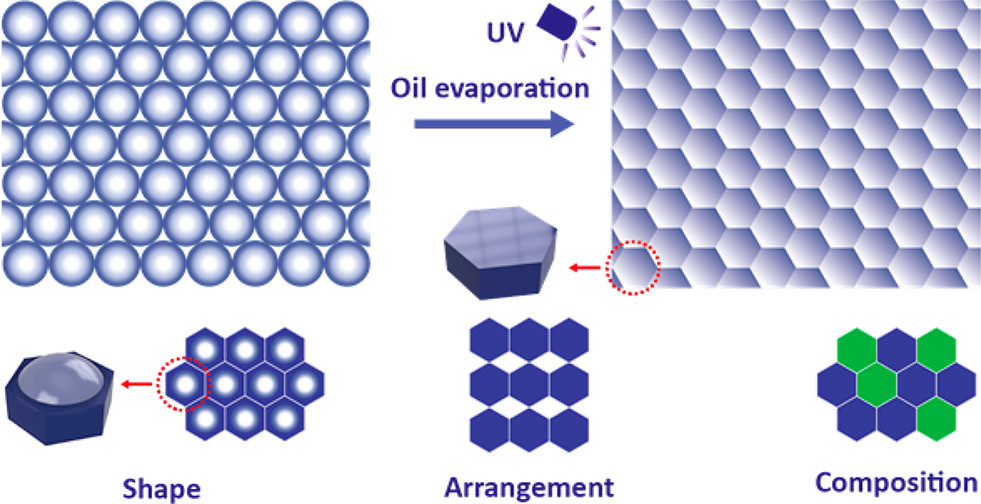Engineer in materials science, then what?
Engineers in Materials Science and Engineering (EPFL) use their skills in the classical fields, such as: materials production (metallurgy, ceramics and polymers industries), manufacturing, transport, the watch industry, the construction industry, the food industry, and energy generation and transmission.
On top of that, their competences are very useful in thriving new sectors such as the biomedical industry, composite materials, micro and nanotechnologies, telecommunications, aerospace, as well as high performance sports.
Materials science and Engineering is highly multidisciplinary. Materials Science Engineers graduating from EPFL are able to work in a variety of environments: business (industry, services, consulting), management (accreditation offices, public research institutes, governmental organisations…) and education (universities, polytechnic institutions…).
They may apply their skills in production units, quality control, R&D, marketing, management, education, technology transfer, intellectual property rights management, and consulting.


And also…
Through this multidisciplinary knowledge, a Materials Science engineer is able to appreciate the environmental and energetic impacts of materials production, and project those implications over the lifecycle of the material, so that optimised production, use and recycling is achieved, from the perspective of sustainable development.
The program’s multidisciplinary character enables future graduates in Materials Science and Engineering to effectively contribute in the development of new technologies. And, by developing an innovation driven mentality, whilst respecting social principles, they can quickly adapt to the ever-faster changes in the scientific landscape.
Studies in materials Science also aims to prepare its graduates to be able to transmit their knowledge to their peers, to communicate efficiently with large audiences and to work in international environments.
